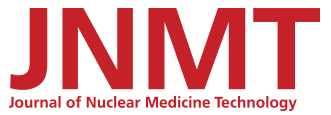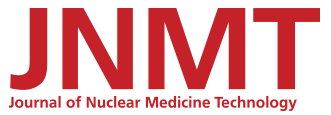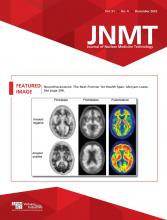TO THE EDITOR: We found the article on ChatGPT (OpenAI) in nuclear medicine education (1) to be interesting. Currie and Barry observed that, whereas ChatGPT poses a risk to academic integrity, its utility as a cheating tool is limited by higher-order taxonomies (1). Unfortunately, the limits to higher-order learning and skill development also impair potential applications of ChatGPT for increasing learning, according to Currie and Barry (1). Currie and Barry suggested that ChatGPT might be used to teach nuclear medicine students in a variety of ways (1).
This study looked at how the GPT 3.5-powered ChatGPT chatbot affects academic integrity in nuclear medicine training facilities. Examinations and written assignments were tested using ChatGPT, and the replies were compared with student cohorts for resemblance and performance. ChatGPT scored poorly in calculation-style assessments and failed in written tasks, with worsening performance in higher-level courses, according to the study. Although ChatGPT poses a risk to academic integrity, its potential uses for boosting learning in nuclear medicine students are limited, according to the study. The report emphasizes the threat ChatGPT poses to academic integrity but does not offer specific answers or ideas for dealing with this issue. The study exclusively assessed ChatGPT’s performance without comparing it with other AI algorithms or plagiarism-detection technologies. Such comparisons could provide a more comprehensive knowledge of the advantages and disadvantages of various AI techniques. The report does not say anything about the size of the student cohorts or the unique characteristics of the nuclear medicine training schools involved. The lack of context restricts the findings’ generalizability. The researchers do not go into detail about the standardized rubrics used for evaluation or the particular criteria for grading ChatGPT responses. This lack of transparency makes determining the legitimacy and validity of the review process challenging.
Although the limitations of higher-order learning and skill development are acknowledged, it would be good to investigate potential techniques for mitigating the risks of cheating while also leveraging the potential uses of AI chatbots for increasing learning in nuclear medicine students. In theory, AI should not be permitted to produce, edit, or approve delicate information without human supervision (2). The use of ChatGPT enables the discovery of a wealth of information regarding problems and suggestions. The ChatGPT results suggest that some of these datasets may contain assumptions or beliefs that prove to be correct. As a result, patients might be given inaccurate or misleading information. Before implementing AI chatbots in academic research, it is essential to consider any potential ethical concerns. All pertinent issues, including authorship attribution, intellectual property rights, and any biases in the data or algorithms, should have been thoroughly examined.
Amnuay Kleebayoon*, Viroj Wiwanitkit
*Samraong, Cambodia
E-mail: amnuaykleebai{at}gmail.com
Footnotes
Published online Oct. 18, 2023.
- Received for publication July 12, 2023.
- Revision received July 13, 2023.







